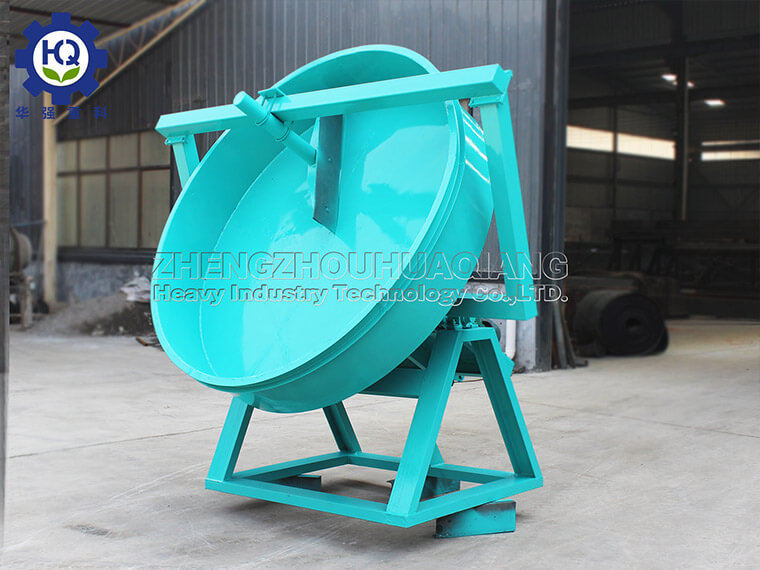The process of processing agricultural waste and fertilizers on an organic fertilizer production line
The organic fertilizer production line is a series of processes that convert various types of agricultural waste into high-quality organic fertilizers. This process not only effectively solves the problem of agricultural waste disposal, but also provides sustainable fertilizer resources for agricultural production. The following is a typical basic process for processing agricultural waste and fertilizers in an organic fertilizer production line:
1. Raw material collection and pretreatment
Firstly, it is necessary to collect various agricultural waste such as livestock manure, crop straw, food processing by-products, etc. from farms, pastures, forest areas, and other places. The collected raw materials need to be classified and impurities such as stones, metal fragments, and other non organic substances should be removed. Subsequently, some of the raw materials are crushed or cut as needed for subsequent mixing and fermentation.
2. Preparation before fermentation
Mix the pre treated raw materials in a certain proportion, add an appropriate amount of bacteria and water, and adjust to a suitable humidity (usually 40% -60%). This step aims to create an environment suitable for microbial growth and reproduction, accelerating the degradation and maturation process of organic matter.
3. Composting fermentation
Stack the prepared mixed raw materials into strips or place them in a dedicated fermentation tank to begin the composting fermentation process. During this period, microorganisms will decompose organic matter, release heat, and the temperature can rise to 60 ℃ -70 ℃, which helps to kill pathogens and weed seeds. The composting cycle generally lasts from several weeks to several months, depending on factors such as the type of raw materials and climate conditions.
4. Fermentation flipping
In order to ensure oxygen supply and uniform fermentation, it is necessary to regularly perform pile turning operations during the fermentation process. This step helps to accelerate the decomposition rate of organic matter and also helps to regulate the temperature and humidity of compost, avoiding local overheating or excessive humidity.
5. Finished product screening and crushing
After fermentation is completed, the mature compost is screened by a screening machine to remove large, undecomposed residues, and then further refined using a grinder to obtain more uniform and consistent organic fertilizer particles.
6. Drying and Cooling
Send the screened and crushed semi-finished products to an organic fertilizer dryer for drying treatment to remove excess moisture and prevent fertilizer from becoming moldy and spoiled. After drying, the fertilizer needs to be cooled to avoid high temperatures affecting the quality of the fertilizer.
7. Packaging and Storage
Finally, weigh and package the completely cooled organic fertilizer, and store it in a sealed bag. Storage should be done in a cool and dry place, avoiding direct sunlight and humid environments to ensure the quality and shelf life of fertilizers.
8. Quality inspection
Before the organic fertilizer leaves the factory, it needs to undergo strict quality testing, including nutrient analysis, heavy metal content determination, microbial index inspection, etc., to ensure that the product meets relevant national standards before it can be put on the market for sale.
Through this series of carefully designed processes, agricultural waste can be utilized rationally, not only reducing the pressure of environmental pollution, but also promoting the recycling of resources, which is of great significance for promoting sustainable agricultural development.




.jpg)
.jpg)


.jpg)